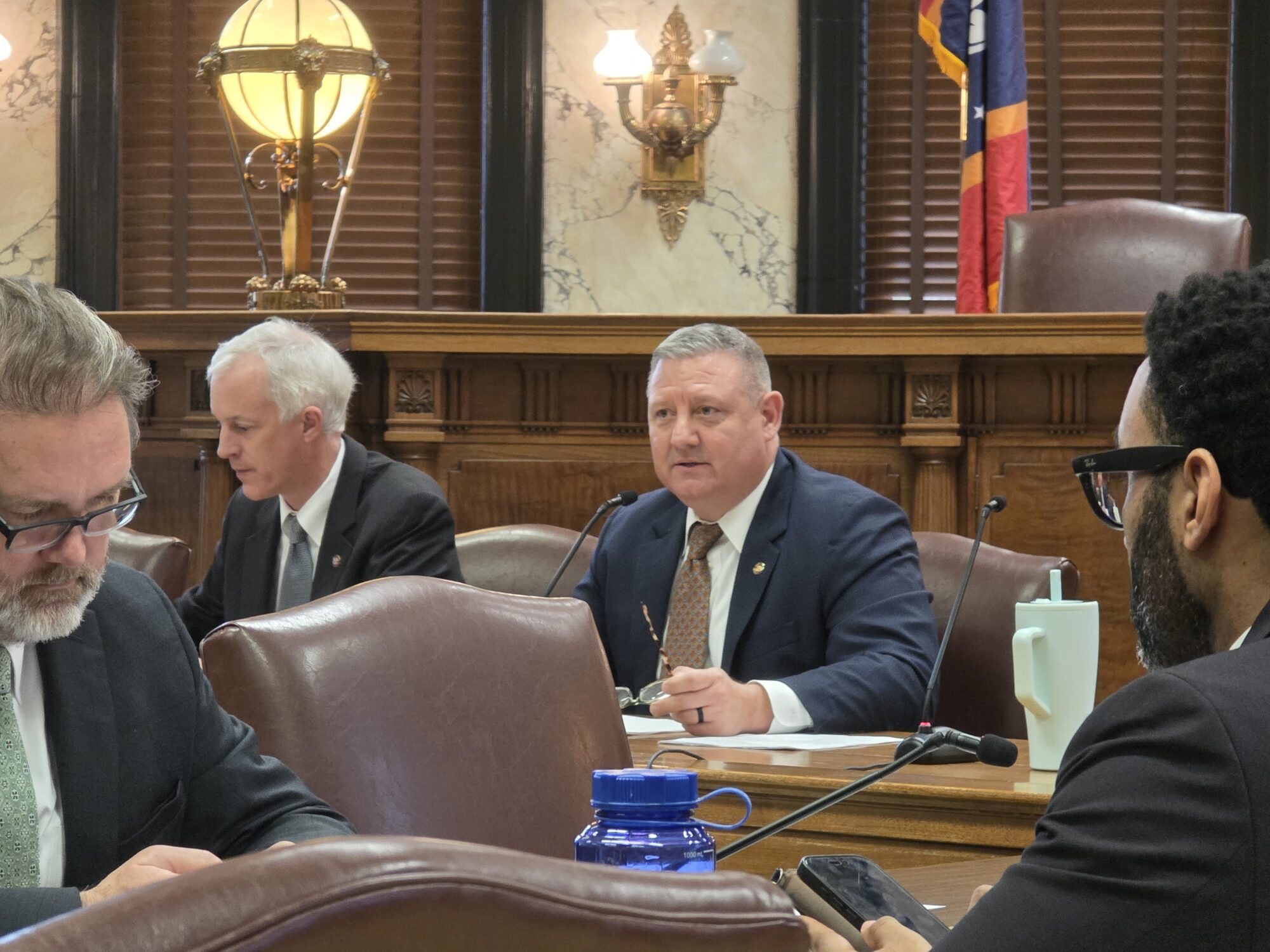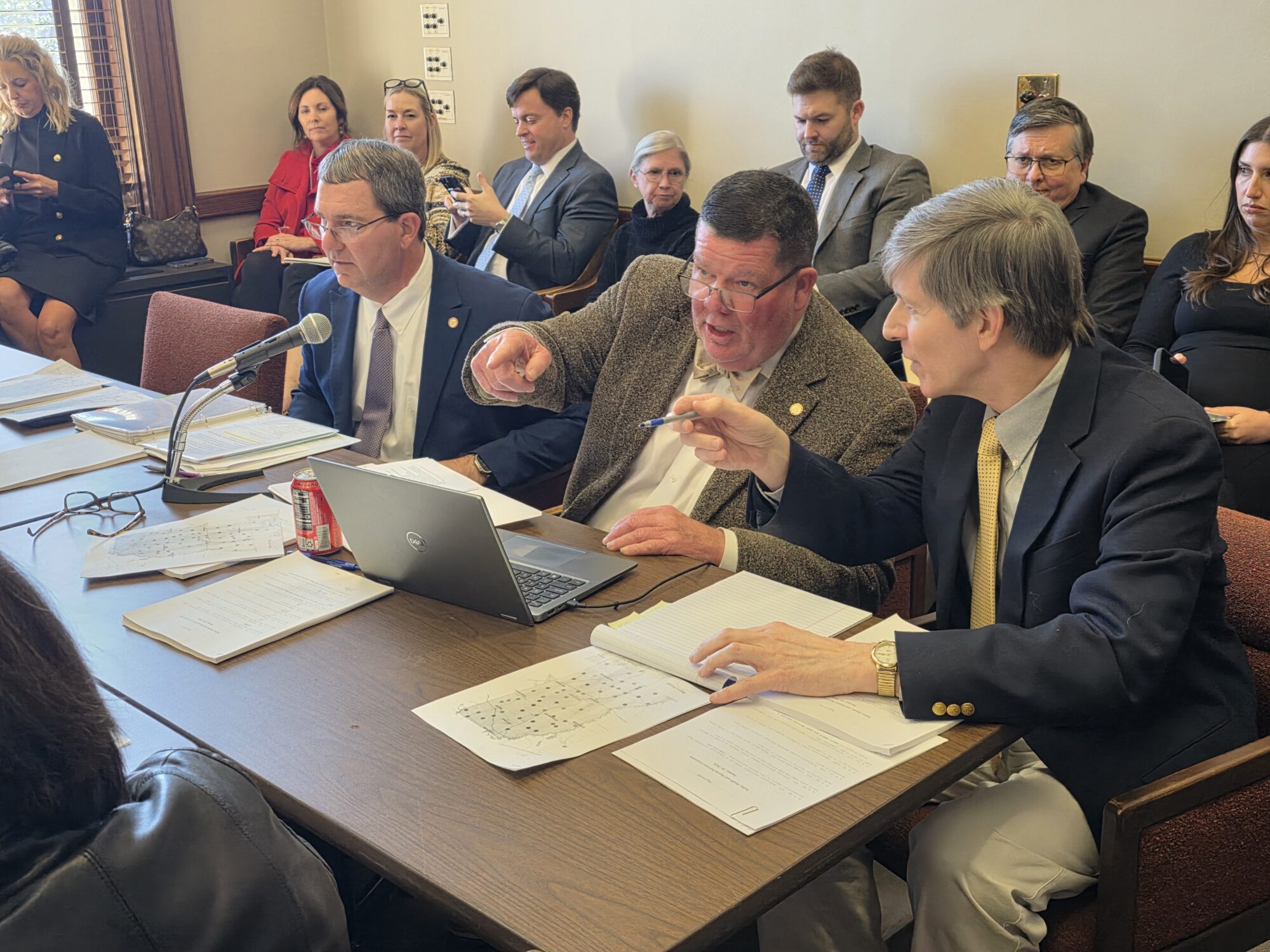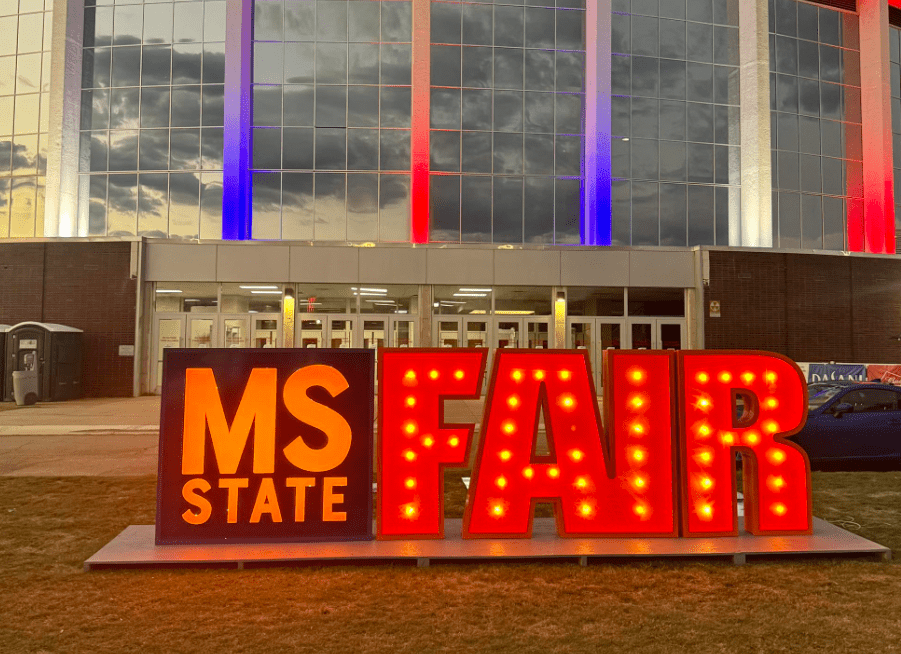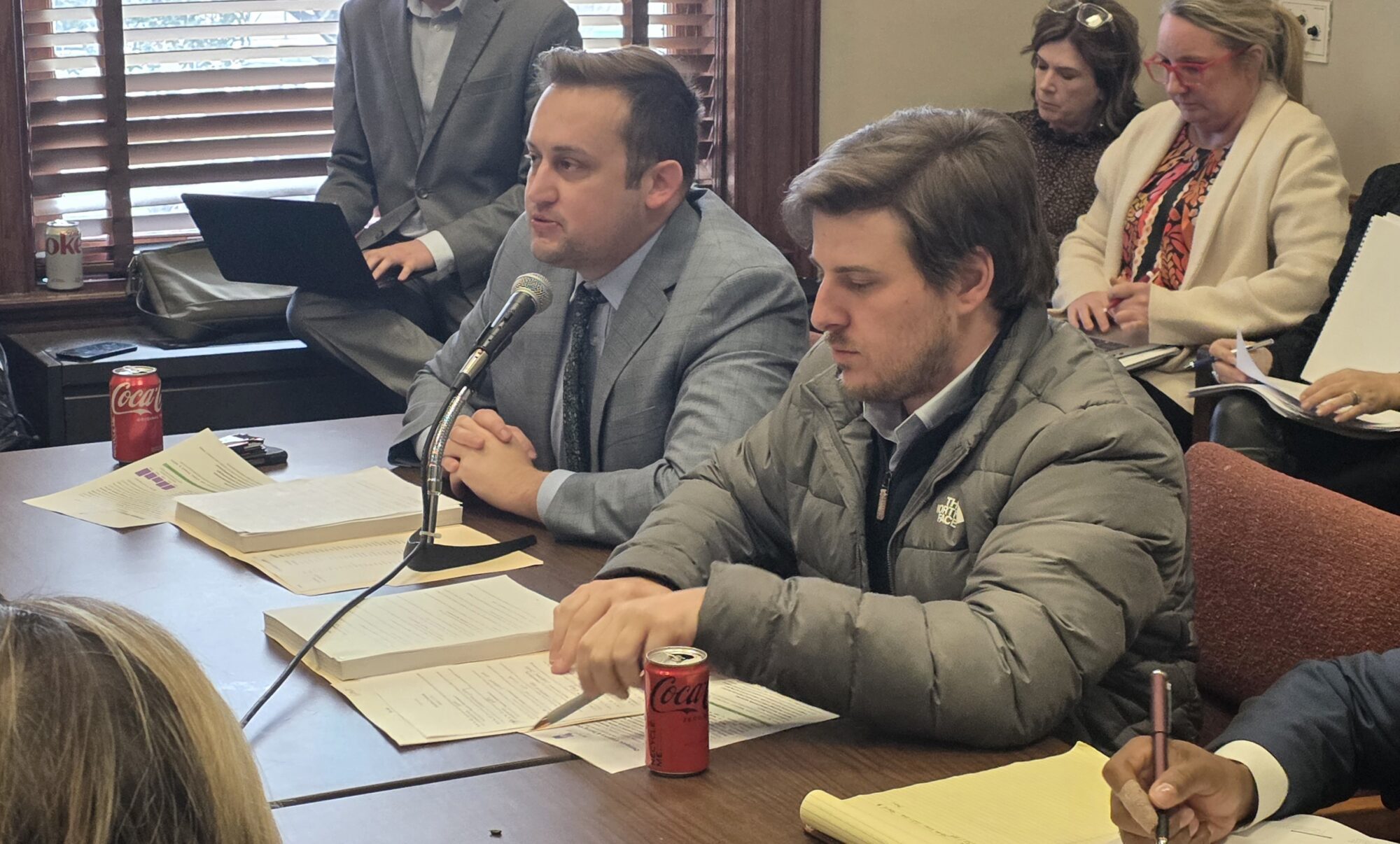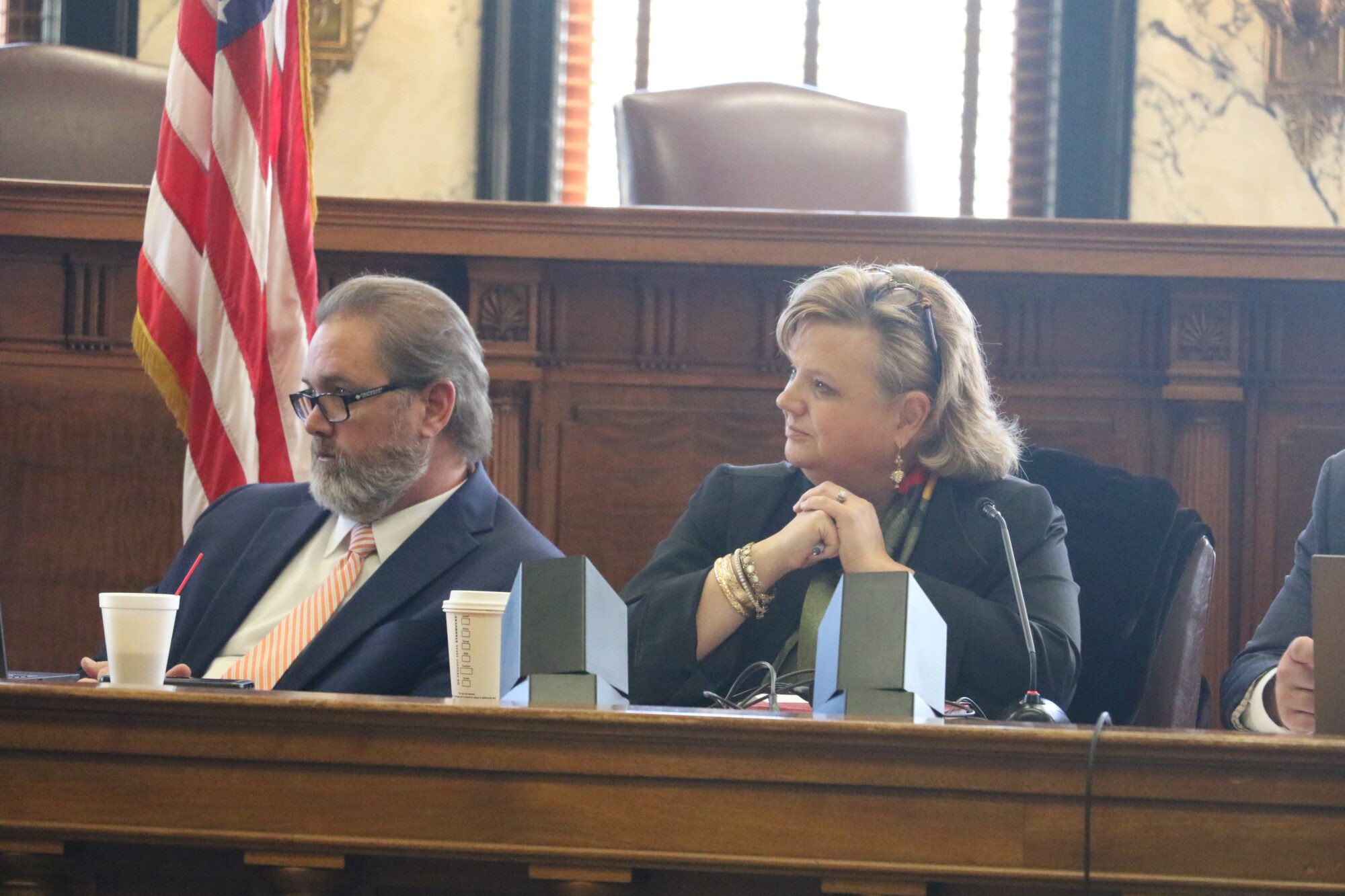
School leaders collaborate during professional development hosted by the RCSD Secondary Curriculum Team to strengthen literacy planning, technology integration, and student support in their buildings. (Photo from Rankin County School District on Facebook - August 2025)
- Rankin County Schools says it has sought to comply with the court order, even lowering gifted standards. The NAACP is pressing the district to do more, including hiring more black teachers.
A Mississippi School District that has been under a court-mandated desegregation order since 1967 has petitioned for unitary status. While the district believes it has reached the milestones needed to be removed from the order, the NAACP maintains that the district still has some issues to iron out before that can happen.
The case, Adams vs Rankin County Board of Education, was filed almost 60 years ago to ensure the Rankin County School District provides an equal education to all children, including black children.
Ever since the ruling in favor of the plaintiff in 1970, and subsequent court decrees in 1973 and 1978 in response to previous failed attempts to desegregate, the Rankin County School District has been given several court-ordered milestones to reach. Those include operating all schools without discrimination, ensuring the percentage of the black student population does not reach more than 45 percent or fall below 12 percent, and ensuring the black population is properly represented in faculty and staff across all grade levels and employment opportunities.
Through the years, the district has made changes that led the court to declare partial unitary status, such as in 2019 when reaching milestones in the areas of transportation and facility integration. In that same ruling, the court, however, found the district still had work to do in staffing and several areas of the education experience for black students.
In August 2024, the district believed it had reached the remaining milestones and again filed a motion seeking unitary status, which would mean the district had eliminated remnants of prior segregation to the greatest extent practicable.
“The District has worked continuously to implement the Court’s desegregation orders and to remove, to the extent practicable, all vestiges of de jure segregation,” court documents state. “The District has complied with its reporting requirements under the Court’s orders. The District has eliminated all vestiges of de jure segregation and is unitary in every respect.”
In May of this year, the NAACP Legal Defense Fund (LDF) followed with a motion in opposition of granting that status because they contend that the district falls short.
“No one is arguing that the school is in the same place that it was in in 1967 when this case began, of course not,” Deputy Director of Litigation at the NAACP Legal Defense Fund Jennifer Holmes told Magnolia Tribune. “They’ve made a lot of progress, but there are still a number of things [to fix]. Specifically related to faculty hiring and opportunities for black students in the gifted program and other advanced courses.”
In response to the recent filings on both sides, a three-day hearing was held last month to gather arguments on the case. There, both sides presented evidence and witness testimony. Holmes said a number of members of the community even turned out to witness the court proceedings.
“This issue is just really important to a number of people in the community who care deeply about education,” she said. “So, we are very happy to represent their interests and really loved that community support.”
Some of the evidence presented by the NAACP LDF included variances in the ways black students face disciplinary action compared to white students and that several schools within the district have seen declines in the black student population. There are also schools where black teachers are absent from every classroom.
“Within the last couple of years there have been years where there were no black teachers at all in that school,” Holmes described. “Some of those were Pisgah Elementary, Pisgah High School, Puckett.”
She said there seems to be a trend of some schools in the district becoming less diverse.
According to court documents filed by the NAACP LDF as part of the case, the enrollment of white students at Pisgah Elementary increased by 2.1 percentage points to 85.2 percent between the school years of 2018-19 to 2023-24. At Pisgah High, the enrollment of white children in that time increased by 5.2 percentage points to 86.3 percent. At the same time, black student population numbers at those schools fell by two percentage points to 12.3 percent and by 3.8 points to 12.6 percent respectively. Similar trends were noted at Steen’s Creek Elementary, Florence Middle School and Puckett Elementary in the NAACP LDF’s court filings.
A contributing factor for the population changes cited in the document was intra-district transfers, where significantly more white students transferred than black.
As for the disparities in the district’s gifted program, Venture, Holmes said, the district is comprised of about 22 percent black children overall, but the gifted program has only 12 percent black students. Holmes said the LDF would like to see the district implement some changes to address that issue.
“There are schools that put in place ways that can help open up gifted opportunities to black students, that actually help all students by making sure that kids who might have been overlooked are being identified and be screened for gifted,” Holmes described.
Currently, the school district conducts universal screenings for the gifted program to only first and second grade students. Holmes said conducting screenings in later grades could help increase those percentages for black students.
Another suggestion is to increase the number of black educators across the district.
“One, to make the program more welcoming, but also because those gifted teachers are the ones who train all the other teachers and staff about how to identify who is gifted and who is not,” Holmes added. “There’s evidence from other school districts that when you hire more black gifted teachers it actually boosts the identification of black students. So, that’s the thing we think they should try to do because there’s obligation to make sure there are open opportunities for black students under this court order.”
The district notes in court filings that the low rate of black students in the Venture gifted program is related to factors outside of their control, such as lower test scores for black students and the student’s and/or parent’s refusal to enroll in the Venture program once identified. The NAACP LDF contends that the district “offers no valid evidence of either” argument for the low rate of black students in the program.
Rankin County School District also notes in the court filings that efforts to increase black student enrollment in its Venture program have been made. They include lowering the necessary scoring threshold, adjusting the scoring requirement from its previous bar of scoring in the 90th percentile down to scoring in the 84th percentile.
To Holmes, it is not just the faculty within classrooms that need more diversity. She noted that black representation in several areas within the district is also lacking.
“For example, the school leadership team piece,” Holmes said. “There are schools that have no black teachers on their school leadership teams, or they have one out of 20 or 30. There are some who have no black coaches or sponsors for extracurricular activities.”
Rankin County, which is ranked as an A district, provided the following statement when reached for comment on the current state of the case.
“The Rankin County School District remains committed to fostering a learning environment that is safe, inclusive, and supportive of every student. We appreciate the collaboration among all parties throughout this process and the progress that has been made. We look forward to the court’s decision and will continue to focus on serving our students, families, and community with excellence,” a spokesperson for the district stated.
Additional hearings remain before the court will rule on this matter. Both sides are now in the process of compiling information and filing briefs on the evidence presented last month in preparation for final arguments before the court, Holmes said. A timeline for future hearings is currently unknown.


